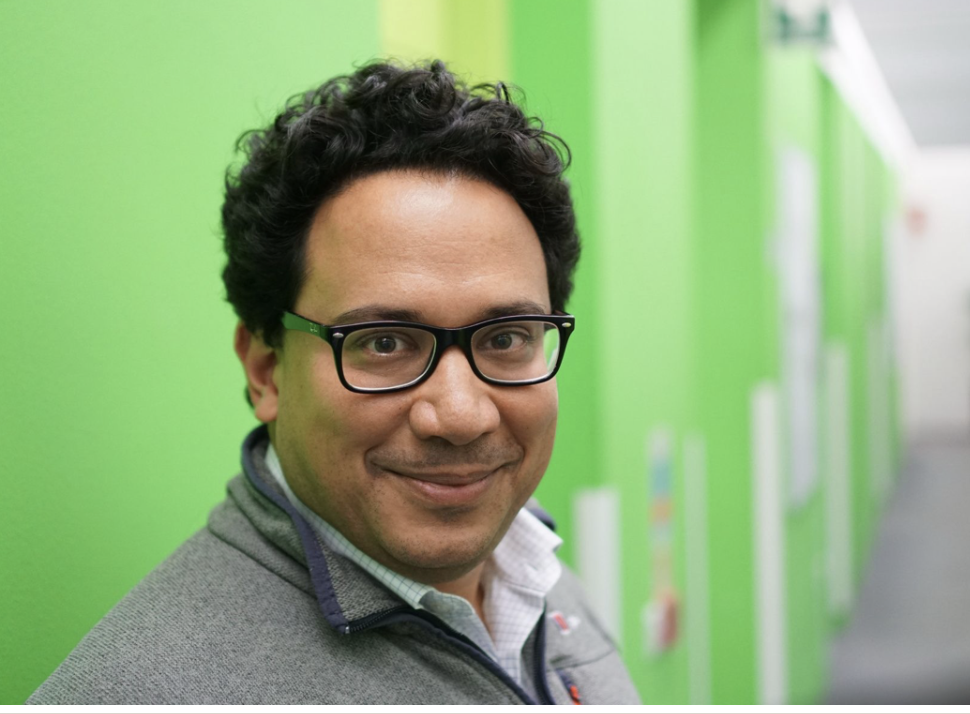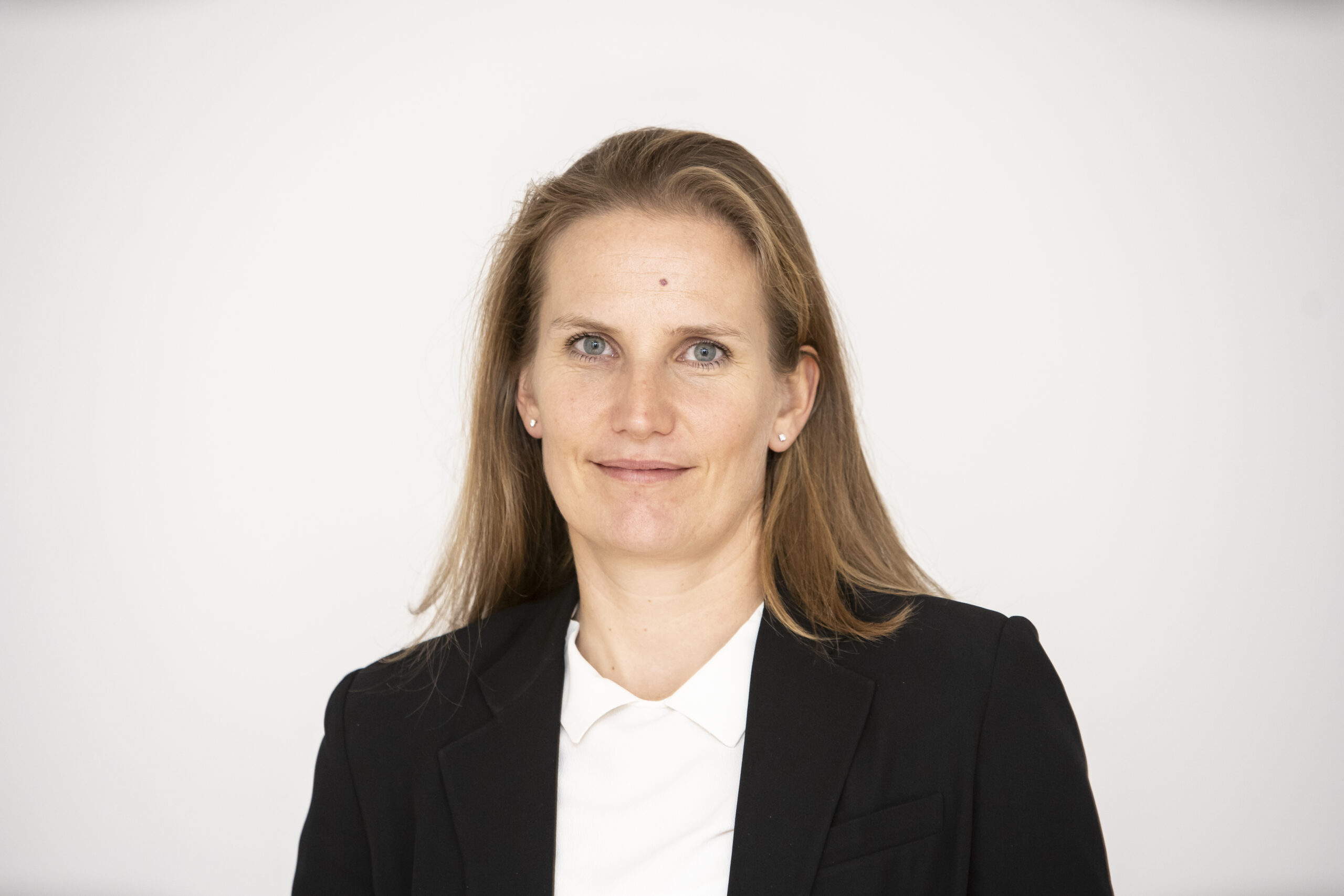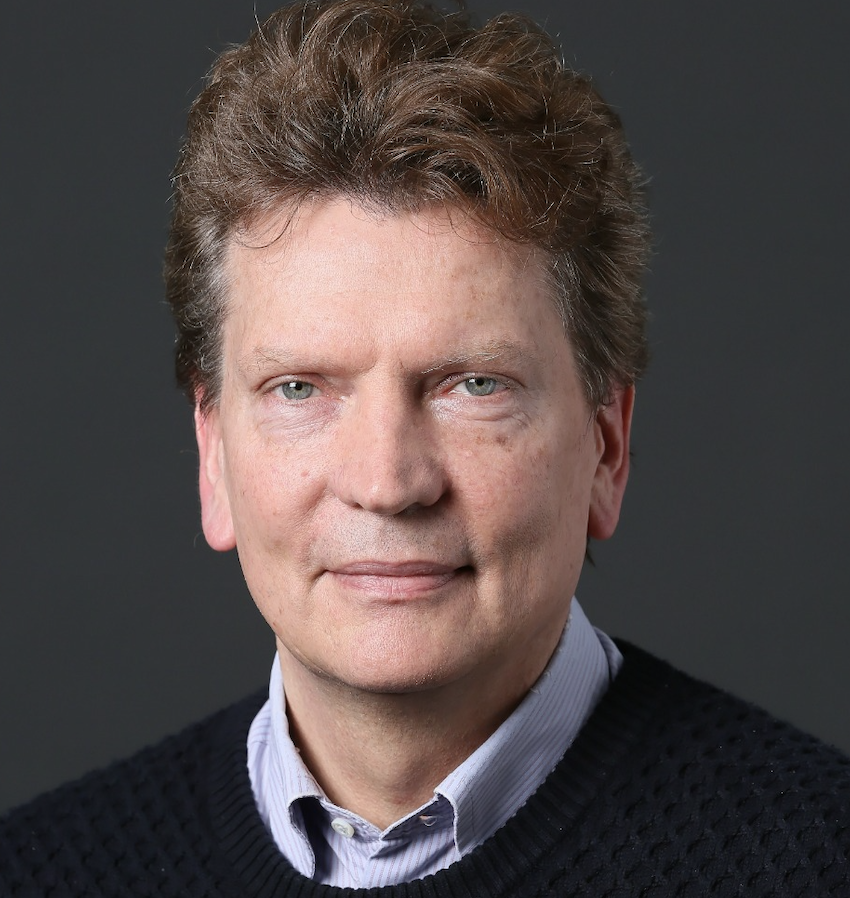Aldo Faisal holds the Chair in Digital Health at the Universität Bayreuth, Germany, and is a Professor of AI and Neuroscience at Imperial College London and Director of the $60 million UK Research and Innovation Centres (UKRI) in AI for Health. He is also Co-Director of School of Convergence Science of Human and Artificial Intelligence at Imperial which comprises over 250 academic research groups. Faisal, who was appointed in 2024 by the German Federal Government to the German Ethics council, pioneered science and innovation at the interface of machine and human learning, such as the AI Clinician, with clinica uses in neurology, pediatrics, infectious diseases, primary care and public health. He is one of the few computer scientists worldwide leading clinical trials to translate his work from algorithm to bedside. He has received numerous international research prizes and awards, and spun-out his innovation to turn these into products that can be used in health and care. Faisal, a speaker at the DLD Future Hub: Impact of AI conference in Munich on Sept. 10, spoke to The Innovator Editor-in-Chief Jennifer L. Schenker about AI’s impact on healthcare.
Q: There is a lot of talk about how AI is advancing drug discovery. What are some of the other ways that AI is advancing healthcare?
AF: There is a huge opportunity for Europe to become a place to innovate in digital healthcare. The European Health Data Space Regulation (EHDS) aims to establish a common framework for the use and exchange of electronic health data across the EU. It enhances individuals’ access to and control over their personal electronic health data, while also enabling certain data to be reused for public interest, policy support, and scientific research purposes. It means that by 2030 the medical data of every patient in Europe – a half a billion people – must be transparent and permit a secondary view of the data. This includes wearable devices that are collecting people’s health data and are querible. Compare this with the U.S. where you have highly fragmented players instead of national health insurance. Recently I was speaking with the Chief Medical Officer of a major HMO in the U.S. What happens there is if a patient is being treated for cancer, they get sicker, they lose their job, which means they lose their health insurance n the middle of the treatment and they drop out, so they can no longer collect data and don’t know if a patient survives. IT is hard to build cancer AI without that knowledge. “Europe has a unique edge. The combination of a half a billion people’s unified digital health records and AI could create a whole new industry that could be as big as pharma.
Q: Can you cite some specific examples of how this could help improve healthcare?
FA: We have already shown how our algorithms can analyze every patient in a country and detect if they are at risk of being hospitalized in the next three months, helping to prevent things like stroke or heart attacks. By using six indicators, including age, gender and economic status and the time stamps of healthcare interactions – a kind of Morse Code for health- we can make such predictions with an accuracy rate of about 80%. This Morse Code was trained and tested for the country of Wales for millions of patients. It is possible in Europe because it has already digitalized all patient care records from cradle to the grave and can collect nation-wide data, enabled by universal healthcare. Hospitals want to use this information for resource and staff planning. GPs (General Practioners) can use information about who has been flagged as a risk to prioritize who they want to see. The question is whether you want to tell people directly that they are at risk of being hospitalized. Since it is only about 80% accurate – meaning it will get it right for four out of five patients – one of the five would be annoyed.
A completely different example is correlating health data with shopping. A scientific research project called the Cancer Loyalty Card Study (CLOCS) in the UK aimed to help reduce delays in cancer diagnosis using purchase information collected on grocery story loyalty cards. Over 150 women allowed researchers to monitor their shopping baskets. When AI analyzed the basket contents it was able to detect ovarian cancer eight months prior to diagnosis. This is because AI is good at spotting complex patterns. In its early stages ovarian cancer makes women bloated so they stopped buying foods like cabbage or baked beans and maybe started buying medicines for IBS [irritable bowel syndrome]. It is an example of how shifts in your behavior are a health signal. AI can spot these signals, give us a more complete picture of our health and advise us to see a doctor when needed. When we start expanding into AI solutions at nation scale and turn these into products we need to start think about the business models. Governments might roll out these services for free because they will bring about lower healthcare and thus labour costs, or individuals might pay subscription fees.
Q: What are you working on now?
AF: I am spearheading Nightingale AI, an initiative designed to leverage the vast repositories of electronic patient records that are being collected, biomedical data, and published medical literature to develop an advanced health-focused AI model.The goal is to develop a novel generation of AI foundation models, trained from healthcare data.
We launched it March 4th 2025 in the UK because the country’s National Health Service is three to four years ahead on digitizing medical records. Its program covers 65 million people all together, so in many ways Britain is positioned to do rapid prototyping of digital tech now. Today Nightingale AI involves millions of anonymized healthcare records and intense use of 5000 GPUs. We are building it as a global project. We have already entered into a collaboration with Rady Health, the big southern Californian pediatric hospital system, and are looking forward to receiving millions more patient records as data donations for medical research with Nightingale AI. Companies can also get involved, by supporting (but not accessing or owning the data). Nightingale AI’s business model is like Linux, no company can own it because we want it to be on neutral ground. Companies can use it as a platform and contribute resources to its development. Four companies in Silicon Valley dominate global AI, so to build the world’s first and largest health foundation model, is an important sovereign AI initiative. As part of it, we are creating a kind of one stop shop for digital health algorithm developers so they can access a mega secure data environment and test it on multiple healthcare systems in parallel and internationally and obtain advice on regulatory, technical and human factors. We call it the European Testbed in Digital Health. When building AI products for the healthcare sector you need lots of experts and these individual services are very hard to find. We have assembled a crew of people on the platform that can offer these services. The end goal is to enable more precise diagnostic tools, personalized treatment plans, and automated administrative support, ultimately improving patient outcomes and operational efficiency.
Q: What role will AI play in patient monitoring going forward?
AF: There are 9000 rare diseases and for the majority it is too expensive to develop a drug. Typically, treatments are tested on one patient and if it doesn’t work the stock market price collapses and everything ends. We are changing this by combining wearables with AI to treat two rare diseases: Duchene Muscular Dystrophy, which only affects men and is lethal and Friedreich ataxia which screws up how genes make protein – the parts of cells that make energy – causing brain or heart disorders. We know how to treat these diseases but to develop therapy doctors need to observe a patient directly, in person, over a long period of time. It is incredibly crude. Some colleagues are working on a gene therapy – living apps that are fully digitalized – which constantly collect data on people. Think of it as a kind of behavior GPT. The AI tracks movement to detect subtle changes in the patterns of flow and detects changes with twice the precision.
Currently doctors need to monitor patients in person over a period of one and half years or more and then it takes two years or more to find out if a trial it works or not.The process that can take six years. By tracking a patient’s movements with AI we can this do it in three years and,on average, the patients do better. We can track every single patient and we don’t need to find 150 children with rare disease to do it. In the case of Duchene Muscular Dystrophy we can do it with 16 instead of 150 patients because the method is so precise. With Friedreich ataxia we can do it with nine instead of 60. This demonstrates how we can dramatically shrink drug trials with AI. We can even get AI to track gene expression – how much protein is made by the genes- in every single patient. These technology advancements are moving us towards personalized diagnostics-and personalized monitoring. You may have a defective gene and 100,000 people have the same gene defect at a single mutation point. AI is precise enough to track for an individual whether there has been a change in that mutation point. We have now spun out a company called Ethomix Ltd to dramatically reduce the cost, duration and risk of development people need for pharma and gene therapies with AI discovered biomarkers.
Better therapies in turn require better treatment. Our AI Clinician spin-out, in stealth mode with a seasoned San Francisco CEO, is pioneering AI for precision treatment and precision dosing across major disease areas. By learning from vast amounts of real-world clinical data, our platform generates individualized treatment recommendations, optimizing the right drug, at the right dose, at the right time for each patient. This moves medicine beyond population-level guidelines toward truly personalized care, improving outcomes while reducing risks and inefficiencies. Our goal is to establish the gold standard in AI-driven precision therapeutics, opening a scalable opportunity across hospitals, pharma partnerships, and global healthcare systems. In sum AI is starting to make us think about managing health in a different way by allowing precision diagnostics, precision monitoring and then precision treatment.
This article is content that would normally only be available to subscribers. Become a subscriber to see what you have been missing.







